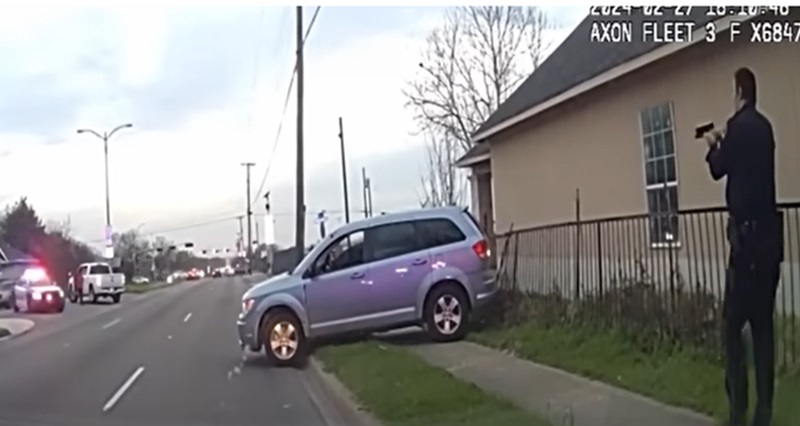
Recent attention has been paid to the problem of uncertainty in training physicians. A study cited in a publication of the National Institutes of Health shows that uncertainty is one of the major stressors for medical students and practitioners. The foundational principle of “first do no harm” in the practice of medicine is sound counsel unless the fear of doing the wrong thing keeps a physician from doing anything. Training in tolerating uncertainty is now a core component of physician education.
The report quotes “Medicine is the science of uncertainty and the art of probability”, which is true of police work as well. Uncertainty is tolerated in the medical world much more broadly than in law enforcement. Doctors, according to the NIH, are reluctant to admit to patience their uncertainty and tend to over-prescribe diagnostic tests. It is understandable that physicians don’t want to harm their patients, get sued, or lose their license to practice.
The parallels to policing seem clear. Citizens expect their officers to always know what to do and to do it flawlessly with aplomb and diplomacy. The cost of a wrong decision can be life-altering or even deadly for the officer and citizen alike. Officers face internal discipline, loss of peer respect, civil litigation, loss of license, and criminal prosecution for making what is – always in retrospect – the “wrong” decision they had to make in milliseconds.
While the medical community is trying to lower the stress of uncertainty, police training increases stress over uncertainty. Theirs is a zero tolerance for error, no allowance for collateral damage, and an assumption that training and policy cover all matters sufficiently and common sense will answer anything else. This is one reason why the ill-conceived removal of qualified immunity has gained traction in legislation. Maybe we’ve convinced them there is no room for error by our own intolerance of the reality of uncertainty in police work.
It is said among critics of military training that we are always preparing for the next war based on what happened in the last war. The same could be said of police training in, for example, preparing for school shooters. A scenario is imagined, a response is taught, then practiced. The assumption is that now the officers will know exactly what they will do at the next call. But what if the scenario isn’t what they practiced? What if the bad guys don’t follow the procedure? What if an officer goes down or loses comms, or the staff on duty wasn’t there that training day? Is there any room for critical thinking and creative decision-making, much less the authority to act outside of the rehearsed doctrine?
In medicine, there is data on the effectiveness of treatment and drugs. If a prescription shows an 85% success rate with a small percentage risk of mortality (ala the drug commercials’ recitation of “possible side effects include…”) then the drug gets a green light. The situations confronting police officers have few statistical analyses when it comes to “when this happens, do this in response.” Imagine stacking up a SWAT team about to execute a procedure knowing that the chance of success is 85%. One can imagine the furious headlines.
Such statistics rarely exist because situations are unique and without the controls available with standard scientific research methods. There are also few organizations seeking to quantify such matters. Ethical considerations of trying or withholding certain tactics between test populations generally permit only retrospective studies. For example, the famous Kansas City patrol study gave one area doubled patrol presence and one area no routine patrol. Interesting outcome, but ethically questionable. Similarly, the Minneapolis domestic violence study assigned officers a disposition on family disturbance calls, requiring either arrest, counseling, or verbal warning. Hardly equitable to victims.
The bottom line is that the profession needs to recognize the reality of uncertainty and be allowed (within parameters, of course) the authority to think and respond to the best of their ability. Training must include such decision-making in scenarios. Qualified immunity must be preserved because one thing is certain – nothing is.
Make a difference. Support the NPA